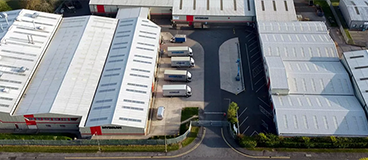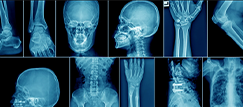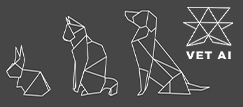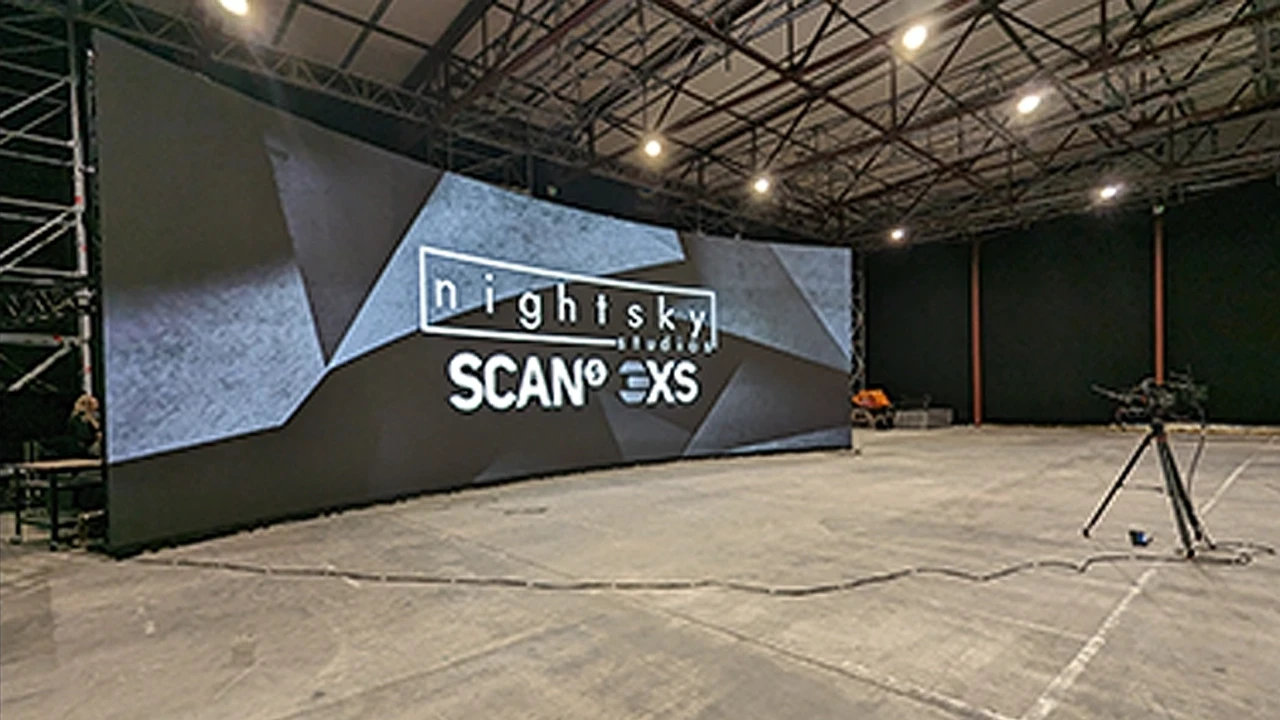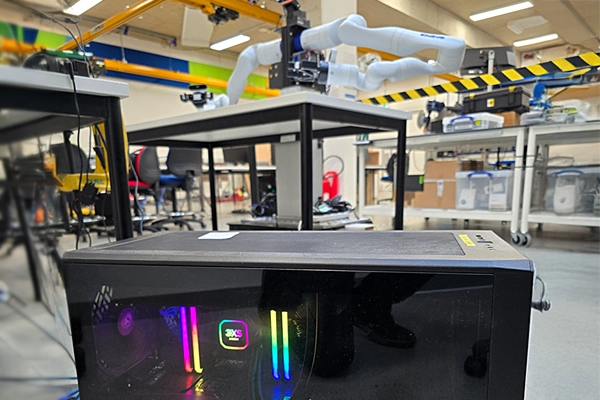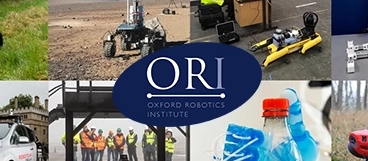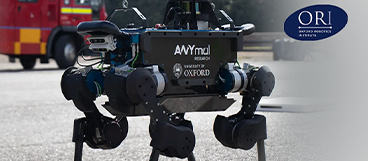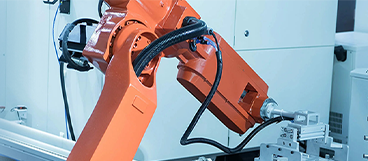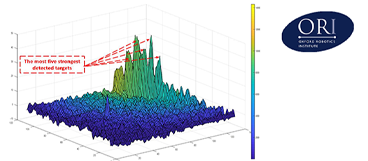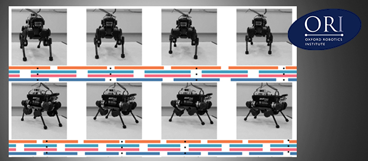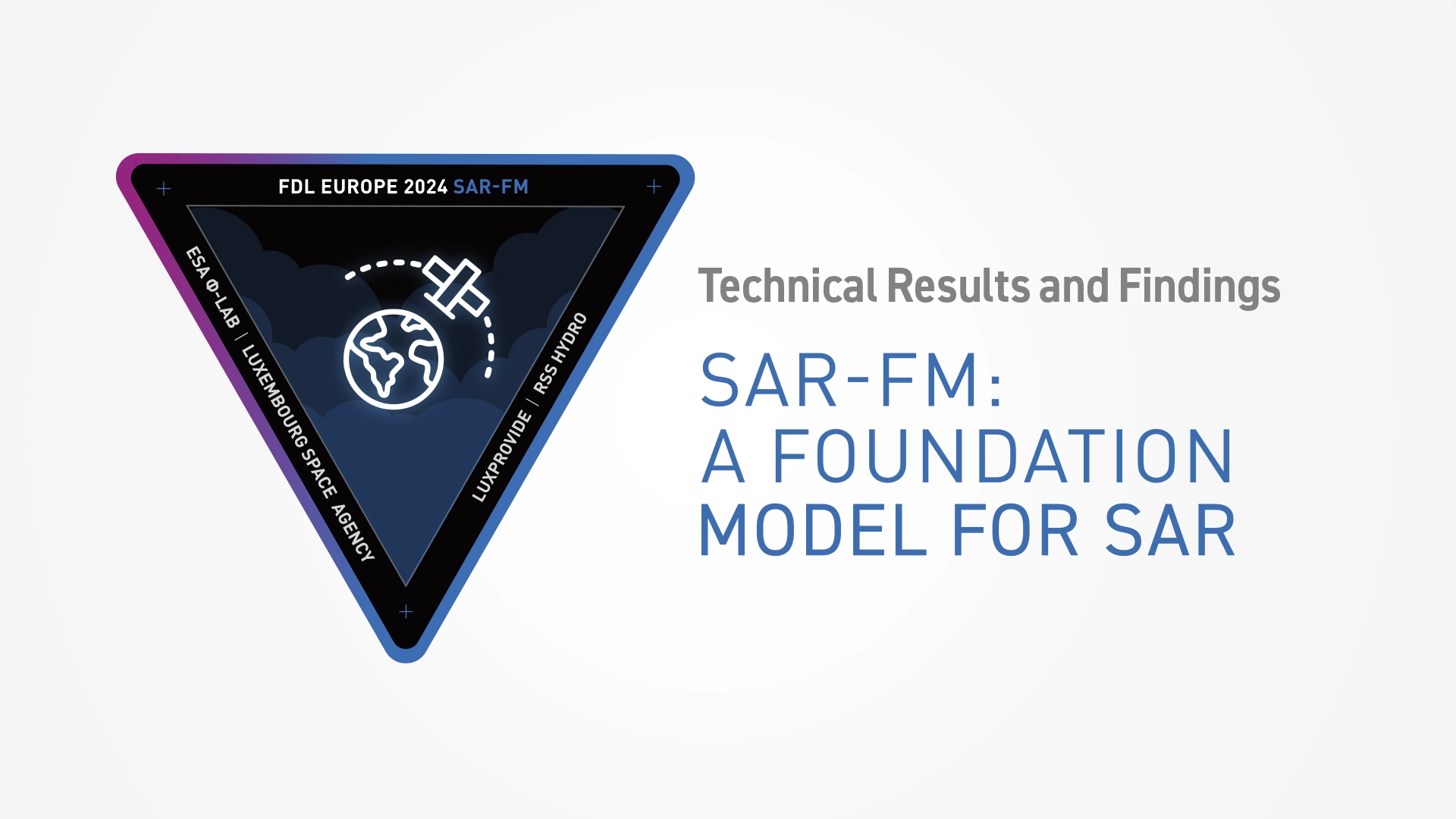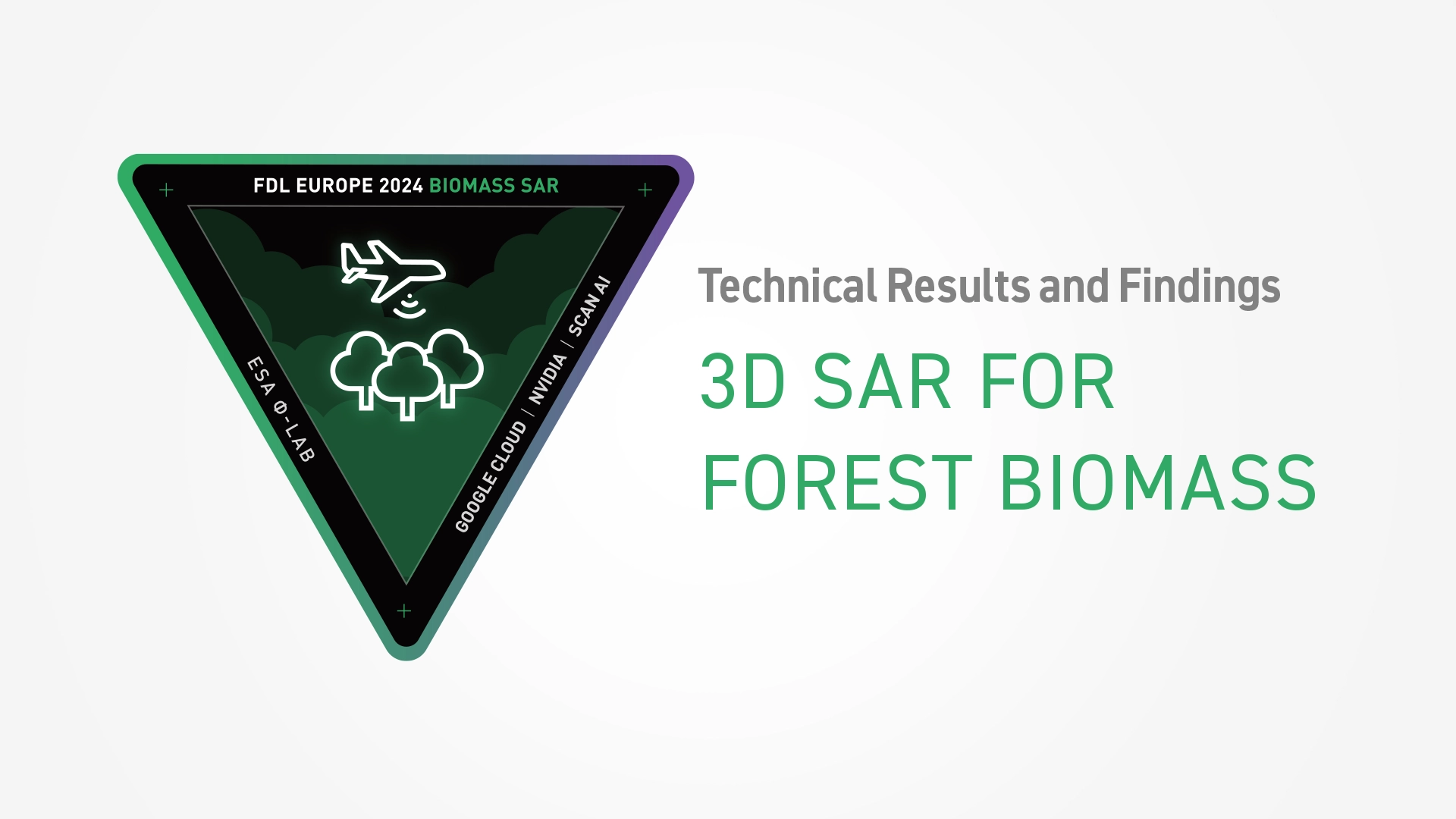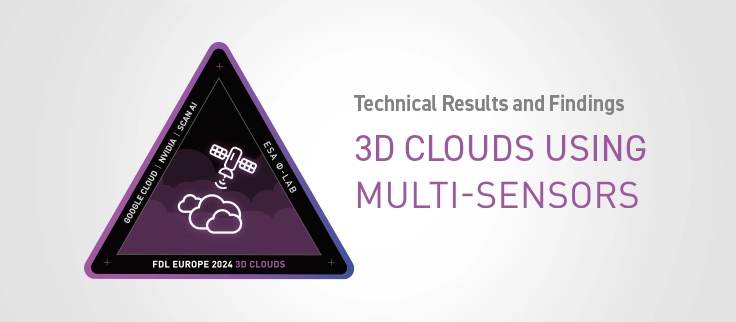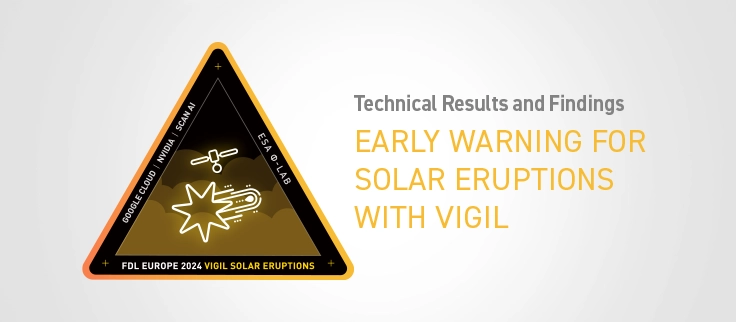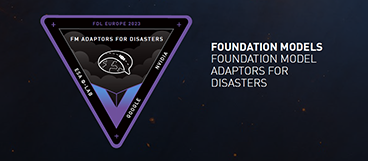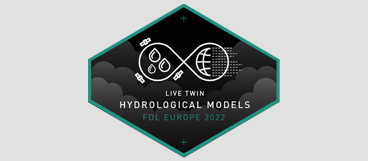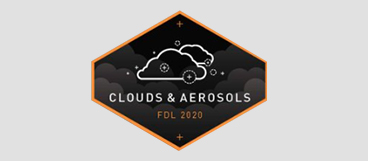Academic Research
Higher education is at the frontlines of major global challenges, training innovators in technologies such as AI, accelerated cloud computing and data science. At the same time, institutions need to meet the demand for more flexible, accessible education options. The ability to handle large workloads, increase efficiency and lower operational costs with centralised infrastructure and computational excellence is key to enable researchers to leverage advanced visualisation techniques such as modelling and simulation alongside experimental computation to address the biggest challenges.
Featured Case Studies

KCL, the AI Centre and the AI Deployment Engine (AIDE)
The Scan AI team worked with King's College London and the AI Centre for Value Based Healthcare, to rollout GPU-accelerated clusters to numerous NHS Trusts, in order to accelerate real-time medical image diagnosis and improve patient outcomes.
Read more >
KCL, the AI Centre and the Federated Learning Interoperability Platform (FLIP)
The Scan AI team worked with King's College London and the AI Centre for Value Based Healthcare, to rollout federated learning functionality across numerous NHS Trusts, in order to AI model development and automated diagnosis, using anonymised patient imaging datasets.
Read more >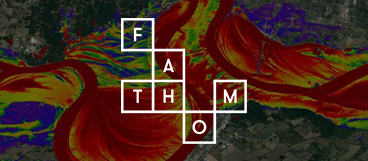
Fathom Global
Discover how the Scan AI team supported Fathom Global to implement performance gains in flood risk modelling.
Read more >
Intric | inooLabs
The Scan AI team supported Intric | inooLabs using Natural Language Processing to build a product delivering information to students on any given topic from multiple sources in a simple manner.
Read more >
University of Liverpool
Learn how the Scan AI team provided DGX A100 AI compute resource to the University of Liverpool to better map and understand molecules.
Read more >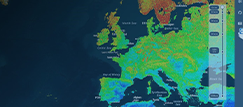
EnvirometriX and OpenGeoHub
The Scan AI team supported OpenGeoHub and EnvirometriX to pioneer a global predictive vegetation and soil mapping system using AI technology.
Read more >
University of Westminster
The Scan Digital Signage team helped the University of Westminster’s Fabrication Lab to upgrade its video wall systems, improving communication and presentation options for students and staff alike.
Read more >